![]() — Home — Business News
— Home — Business News
Weekly Business News from Myanmar
-
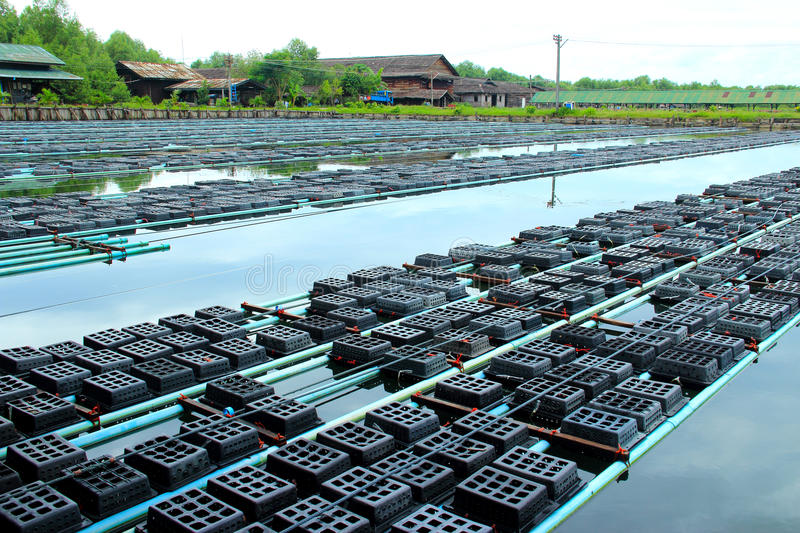
Joint venture between Malaysia’s TEXCHEM and Myanmar Sustainable Aquaculture Program (MYSAP), crab hatchery to be piloted in Labutta district, Ayeyarwaddy Region in April in order to make crab production sustainable
Myanmar Sustainable Aquaculture Program (MYSAP) and Malaysia’s TEXCHEM, a crab breeding firm, will run a pilot program for crab breeding in Labutta District, Ayeyarwaddy Region in April this year. People currently sell wild caught crabs, which can quickly deplete the number of crabs. Therefore, the two parties will start testing their crab breeding methods in order to make crab production sustainable. “The company has experience in researching crab production, and that is why we partnered with them. They will help us breed crabs and will provide technological know-how to local aquaculture farmers so that they can breed crabs,” said U Soe Tun, consultant of MYSAP. MYSAP is an aquaculture development project (2017-2021) implemented by Ministry of Agriculture, Livestock and Irrigation and German’s GIZ. -

In partnership with Capital Construction Ltd, Malaysia’s Sunway Construction Group Bhd entered Myanmar to implement the major infrastructure and construction projects in Myanmar
Malaysia’s Sunway Construction Group Bhd has ventured into Myanmar, partnering with Capital Construction Ltd to develop major infrastructure and construction projects there, the News Straits Times has reported. SunCon, through subsidiary Sunway Builders (Myanmar) Co Ltd, signed a memorandum of understanding with CCL on the prospect. -

Mandalay Myotha Industrial Development Public Company (MMID) has divided their shares with the aim to boost the share prices value and to be listed on the Yangon Stock Exchange (YSX)
Investors in the Myotha Industrial Park Project, which is under implementation in Myingyan township, Mandalay Region, have profited from their shares in the project, U Tun Tun Aung, managing director of Mandalay-Myotha Industrial Development Public Company (MMID) told the media on March 29, just before the company’s fifth shareholders meeting. MMID has up to 1600 shareholders, of which 160 are local farmers. “We sold shares at K10,000 per share before. In last year’s meeting, we decided to divide each share into 10 shares so an investor who bought one share for K10,000 in the past could own 10 shares at K1,000. Over the last few years, we have paid dividends of up to 55 percent of the share value. Today, the price of per MMID over-the-counter (OTC) share is between K1300 and K1500,” U Tun Tun Aung said. MMID shares first started trading OTC on April 3, 2003. MMID paid out 10pc of its profits in dividends during the first annual shareholder meeting, 12.5pc in second annual meeting and issued bonus shares in the third annual meeting, he said. -
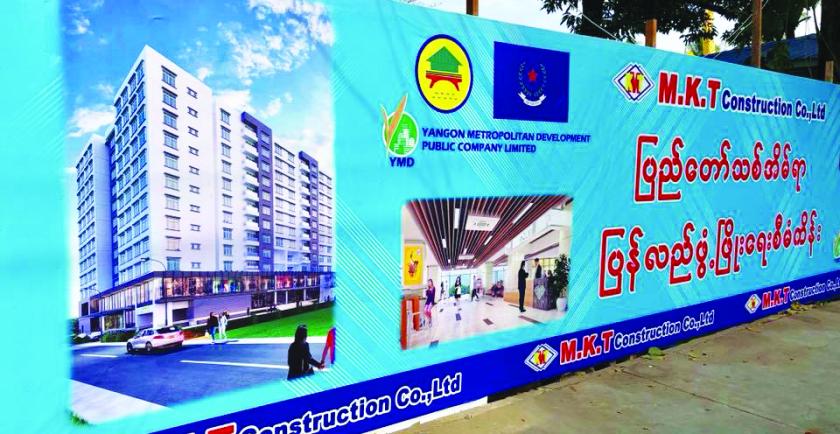
Yangon Metropolitan Development Public Co., Ltd (YMD) invited both local and foreign investors to submit the Expression of Investors (EOIs) for housing projects in Yangon
Yangon Metropolitan Development Public Co., Ltd has invited a submission to Express of Interests from both local and foreign investors who might be interested in investing in the second phase of Pyidawthit Housing project in Pazundaung Township in Yangon. The second phase of the project will include a shopping mall, condominium and office tower interested investors must submit the EOIs by April 2. The project is being implemented by Yangon Metropolitan Development Public Company Limited-YMD founded by Yangon Regional Government and Myanmar Developer Association. At the first phase of the project on over 4 acres of land, a 12-story residential building will be built in two years, once finished the shopping mall, office tower and parking lots will be built. -
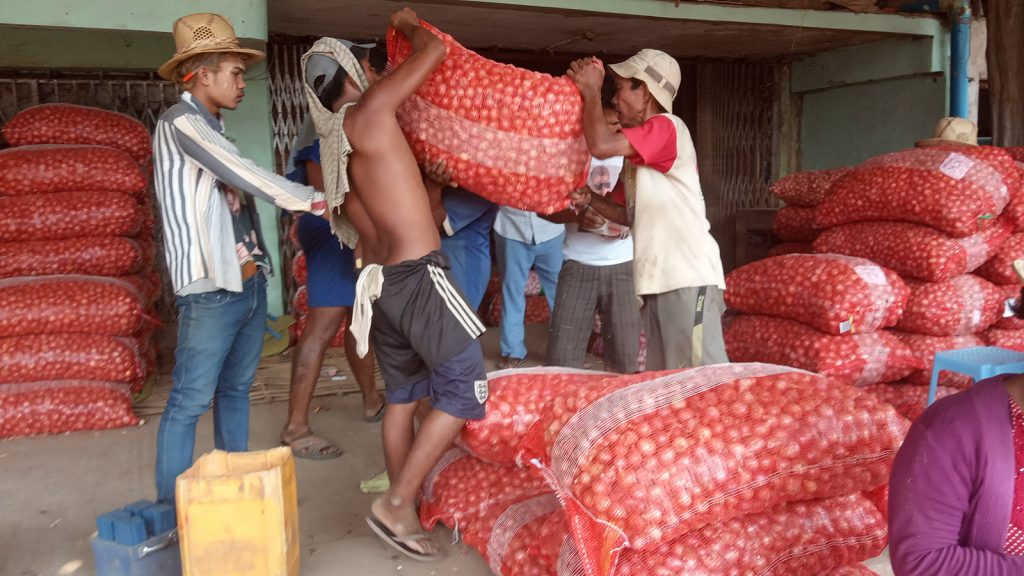
Consumers urged Government intervention to fix ceiling prices for commodities
Government intervention is needed to fix ceiling prices for certain agricultural products because they are sold at exorbitant prices, regardless of whether agricultural production costs are high or not, according to consumers. However, traders and merchants are opposed to this, saying that this is a time when a market economy is being pursued, and it is the market that adjusts prices, depending upon the principle of supply and demand. They argue that according to economists, the market automatically adjusts prices and government intervention is not needed. Nevertheless, when there arises market failures, it is usual that governments intervene, argue those who advocate for the protection of consumers. What is happening now is that some staple foods are being sold at exorbitant prices, irrespective of production costs. The worst scenario can be seen in the rice and onion markets. On the other hand, farmers and growers are also making demands on authorities to fix a floor price at which traders must buy their produce. In this regard, the Myanmar Rice Federation (MRF) has responded to this demand by issuing an announcement that the floor price of paddy is to be fixed at K 500,000 per 100 baskets (one basket weighs 46 lb) for the 2019 paddy harvesting period. This is the first time the MRF has intervened to protect farmers. As a consequence, the prices of rice and the broken rice declined in the local market in 2019. It is true that the MRF will also fix the floor price for 2019. However, it could not fix the floor price for rice until 28 March, 2019. Therefore, rice-related NGOs have urged rice merchants to purchase rice at the 2018 floor price. -
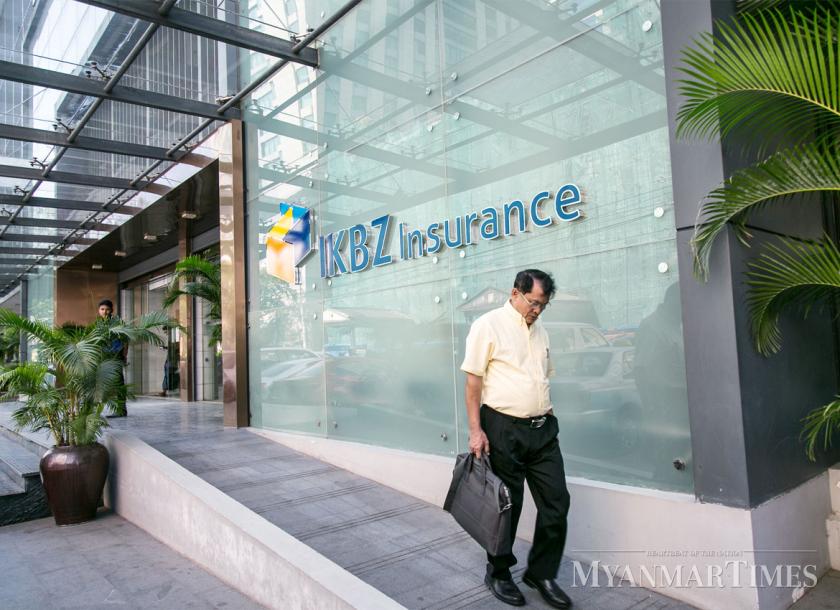
Government will announce a list of preferred foreign life insurers permitted to operate in Myanmar on 5th April 2019
A list of preferred foreign life insurers permitted to operate in Myanmar will be announced on April 5,the Ministry of Planning and Finance (MOPF) said last week. The MOPF is currently still in the midst of processing and selecting a list of qualified, foreign-owned life insurance providers to which it will issue licenses to operate after formally accepting Request for Proposal documents. The list was originally scheduled for release on March 29. Foreign insurance providers that do not qualify to operate as a wholly-owned foreign subsidiary or wish to cooperate with a local firm, should submit an Expression of Interest to form a joint venture with an eligible local insurance provider. The deadline to submit the relevant documents has been scheduled for May 3, the MOPF said. -
Singapore based SembCorp industries opened 225 MW power plant in Myin Gyan to provide electricity to five million people
Singapore based SembCorp Industries opened the SembCorp Myingyan Independent Power Plant on March 16. The facility has an installed power capacity of 225 megawatts, which is sufficient of provide electricity to five million people, on March 16. The $310 million power plant is a combines gas and solar power resources to generate electricity from which government purchases and resells to consumers. According to the contract agreement, SembCorp will operate the plant for the next 22 years, and then hand over the plant to the government. However, no important details were disclosed from either Sembcorp or the government, details such as the buy and resell rate at which the government will work with. “SembCorp Myingyan will never existed without the support from local people from beginning to end of the construction period,”said Mr. Dennis Foo Say Yi, Managing Director of SembCorp Myingyan Power Company. -
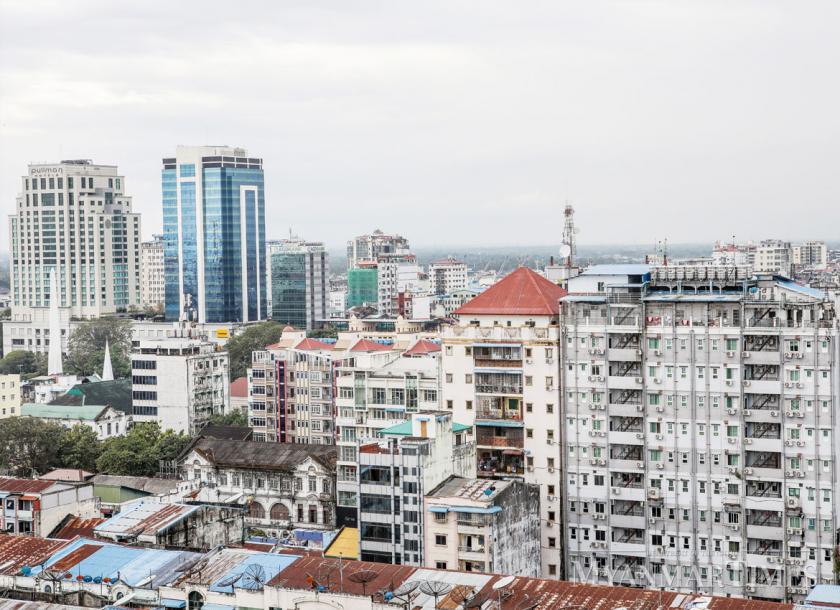
Property developers and investors are expecting to stable regulations and foreign participation in the local real estate sector and gradually enforced
Property developers and investors have been looking forward to stable regulations and foreign participation in the local real estate sector since the Condominium Law was enacted in 2016 and gradually enforced. Firmer home ownership laws are expected to draw higher volumes of foreign investment, which, in turn, will benefit businesses along the supply chain, from construction to interior design. The 2016 Condominium Law addresses land ownership as well as foreign participation in the local property market. According to the law, foreigners now have the right to own up to 40 percent of the units in a condominium project, while each individual can buy up to 25pc of the units. “Direct sales or reselling in the second hand market can be carried out by anyone until the foreign-ownership threshold is reached,” said U Wai San Thein, registering officer for collectively owned buildings in Yangon Region. -
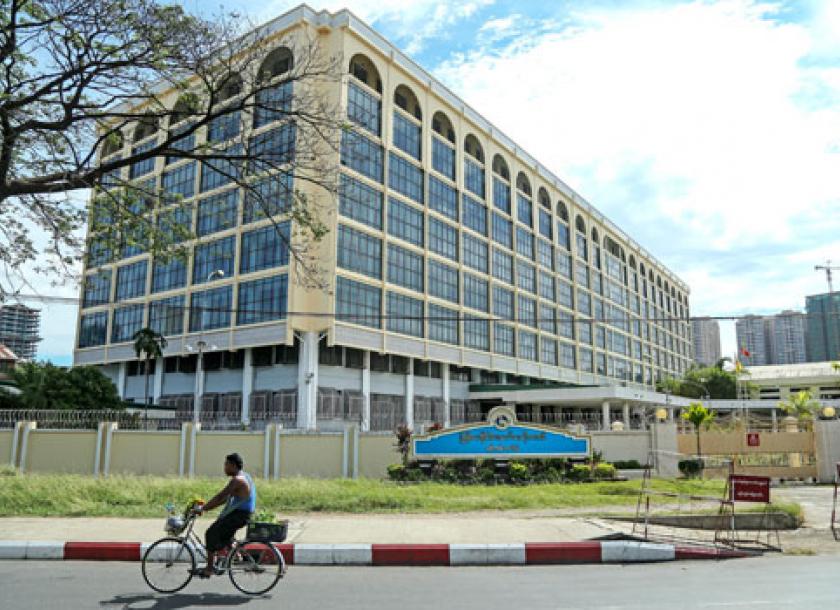
The Central Bank of Myanmar (CBM) has introduced regulations and equity to facilitate foreign investment in domestic lenders
As part of ongoing efforts to liberalise the financial services industry and increase credit to the private sector, the Central Bank of Myanmar (CBM) has introduced regulations to facilitate foreign investment in domestic lenders. On January 29 the CBM issued Regulation No 1/2019, allowing foreign banks and financial institutions to hold equity of up to 35pc in local banks. To obtain approval from the CBM, a domestic lender will have to provide a copy of the agreement with the overseas institution along with the proposed equity ratio. It is hoped the change will enhance competition in the market, bring gains in lending and improve service quality. Prior to the reform, the Myanmar Companies Law, which came into force on August 1, 2018, made it possible for foreign investors to hold a minority stake of up to 35pc in domestic firms, although this had not yet been applied in practice in the banking sector as the CBM had maintained strict supervision. -
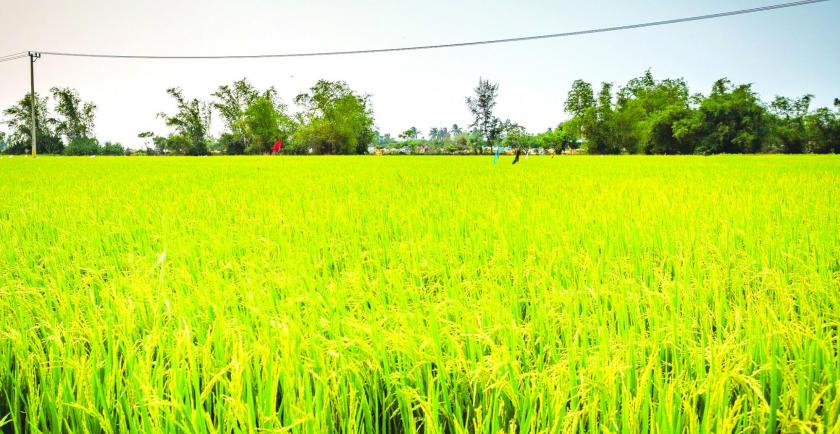
In partnership between farmers and Myanmar Rice Federation (MRF), Global World Insurance will provide crop insurance services for contracting farming
Global World Insurance is working on providing crops insurance services for contract farming implemented under partnership between farmers and Myanmar Rice Federation (MRF). Corp insurance is a type of insurance which insures farmers against the loss of their crops due to natural disasters such as hail, drought, and floods. “In our first year of testing the services, we could not provide wide coverage. Therefore, we are committed to expanding our services to thousands of acres. MRF has around ten thousand acres of contract farming. If they want to have crop insurance, we will accept the offer, but we need to provide the crops insurance as reinsurance because of its huge size. After reaching the agreement with MRF, we will negotiate with reinsurer. After that we will request permit from IBRB,” said U Soe Win Thant, Director of Global World Insurance, at the press conference “Micro Insurance & Liberalization” held at Bahosi Development’s office on March 12.
Business News
Copyright © 2014 Business Information Center All Rights Reserved.







